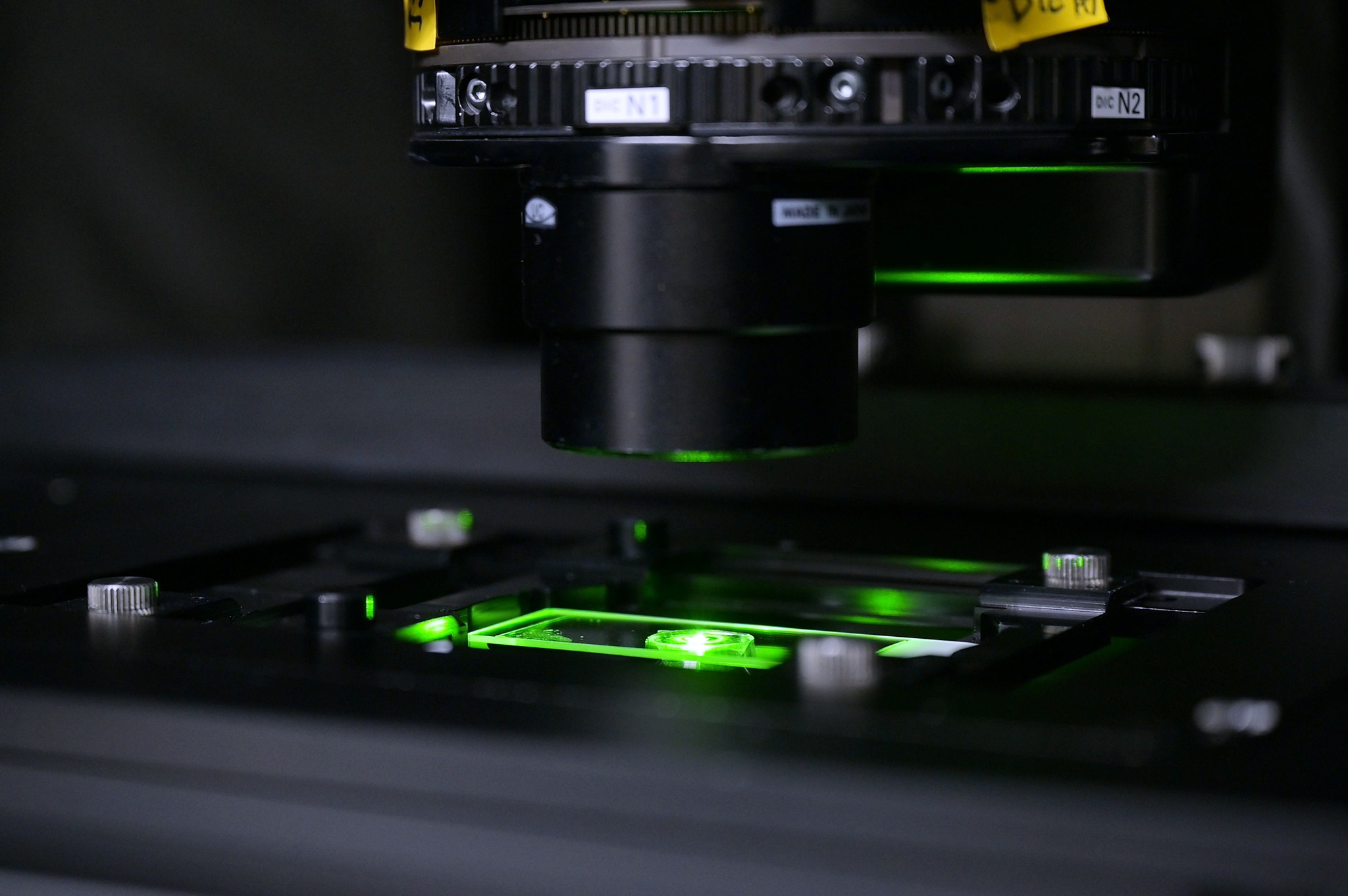Japan also wants to insulate China from microchips

After the Netherlands, Japan also aligns with the United States and will limit the export of advanced microchip machinery to China. Beijing protests, and Japanese companies – such as Nikon and Tokyo Electron – could lose an important market
Will Japan follow the United States in blocking chip technologies in China in exchange for access to subsidies for electric vehicles ?
Japan announced today it will limit exports of 23 types of semiconductor manufacturing machinery. However, he did not explicitly mention China, the obvious target of these restrictions, saying that Japanese companies will have to obtain a special license to be able to sell their devices abroad, in all regions.
“TO CONTRIBUTE TO INTERNATIONAL PEACE AND STABILITY”
During a press conference, the Minister of Economy, Trade and Industry Yasutoshi Nishimura said that Japan is "fulfilling [its] responsibility as a technological nation to contribute to international peace and stability": microchips, in fact, they are also used in the production of sophisticated weapon systems. Nishimura specified that the measure is not aimed at any particular country, but it is clear that it is aimed at Beijing.
JAPAN ALIGNS WITH THE UNITED STATES
Japan, an important American ally, has therefore aligned itself with the export control policy of advanced technologies already implemented by the United States since October 2022 to limit the ability of China (their political rival) to develop advanced semiconductors: they are devices fundamental both for economic and industrial progress and for military development.
THE PARTICIPATION OF THE NETHERLANDS
TheNetherlands are also participating in Washington's plans for the technological isolation of Beijing: they confirmed it at the beginning of March. Specifically, The Hague has decided to limit exports to China of devices for manufacturing chips smaller than 14 nanometers : in general, the smaller the chips, the more advanced they are.
The 14-nanometer technology is not the most advanced on the market, but it is one of the most advanced in possession of SMIC, the main Chinese semiconductor manufacturer. America wants to prevent Beijing from reaching higher levels of sophistication and mastering its production processes.
Of the five companies that produce advanced machinery for the manufacturing of microchips, in fact, three are American (Applied Materials, Lam Research and KLA), one is Dutch (ASML) and one is Japanese (Tokyo Electron).
CHINA'S ANSWER
China, aware of being the target of the US blockade's restrictions, commented on the new Japanese regulation by saying that "politicizing, instrumentalizing and militarizing economic and technological issues, and artificially interrupting the stability of global production and supply chains, will not do other than harming others and harming themselves.”
WHAT JAPAN WILL DO, IN CONCRETE
Beginning in July, Japan will implement export controls on six categories of equipment used for chip manufacturing. The legislation will affect a dozen companies, such as the aforementioned Tokyo Electron, Nikon (manufactures lithography machines), Advantest and Screen Holdings. Minister Nishimura assures that the impact will be limited; however, the Japanese chip market is not particularly large, unlike the Chinese one.
This is a machine translation from Italian language of a post published on Start Magazine at the URL https://www.startmag.it/innovazione/giappone-microchip-restrizioni-export-cina/ on Fri, 31 Mar 2023 10:40:32 +0000.
